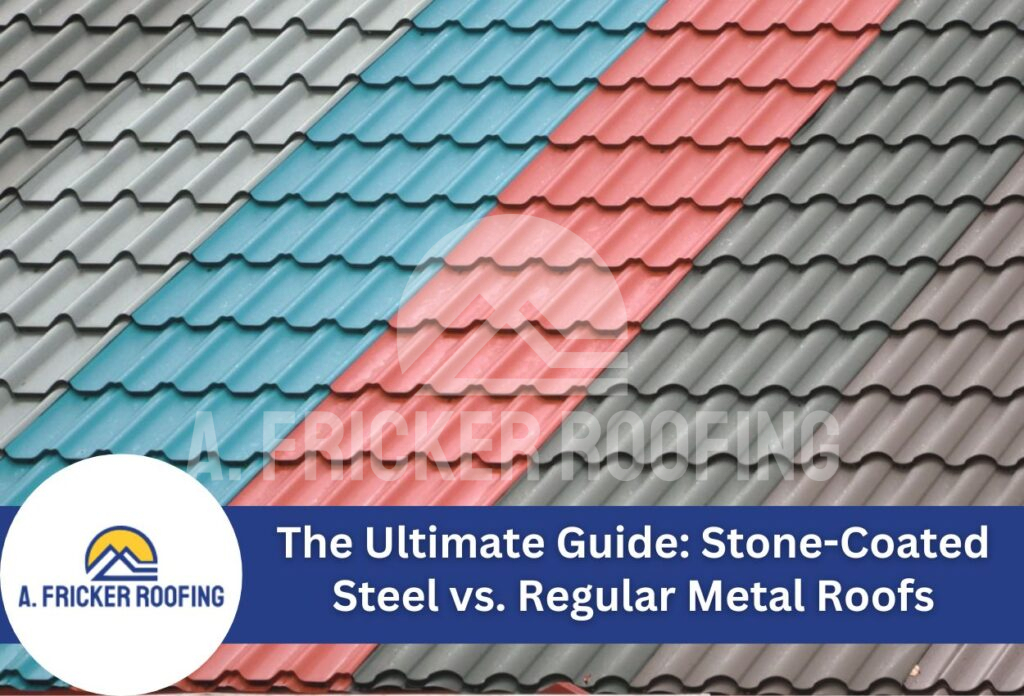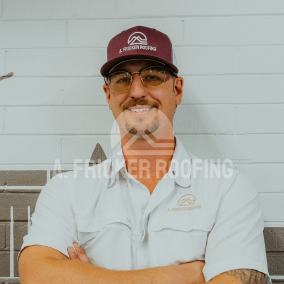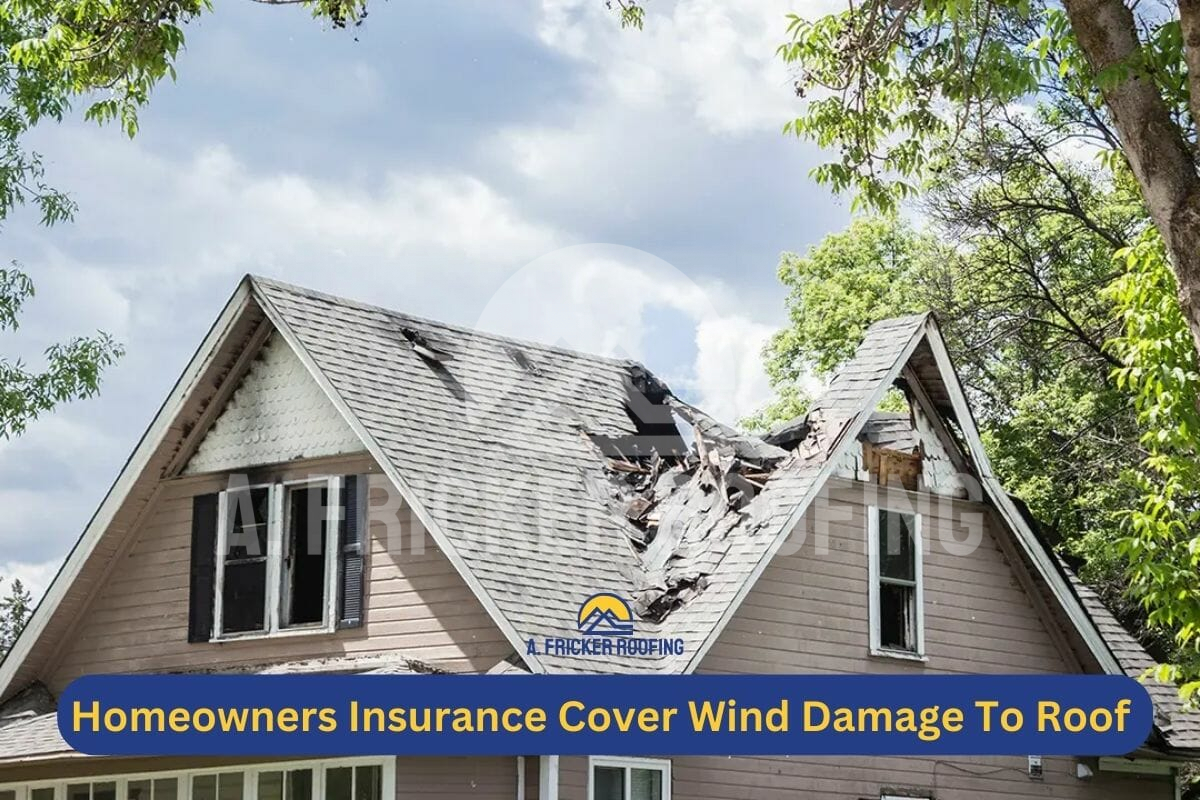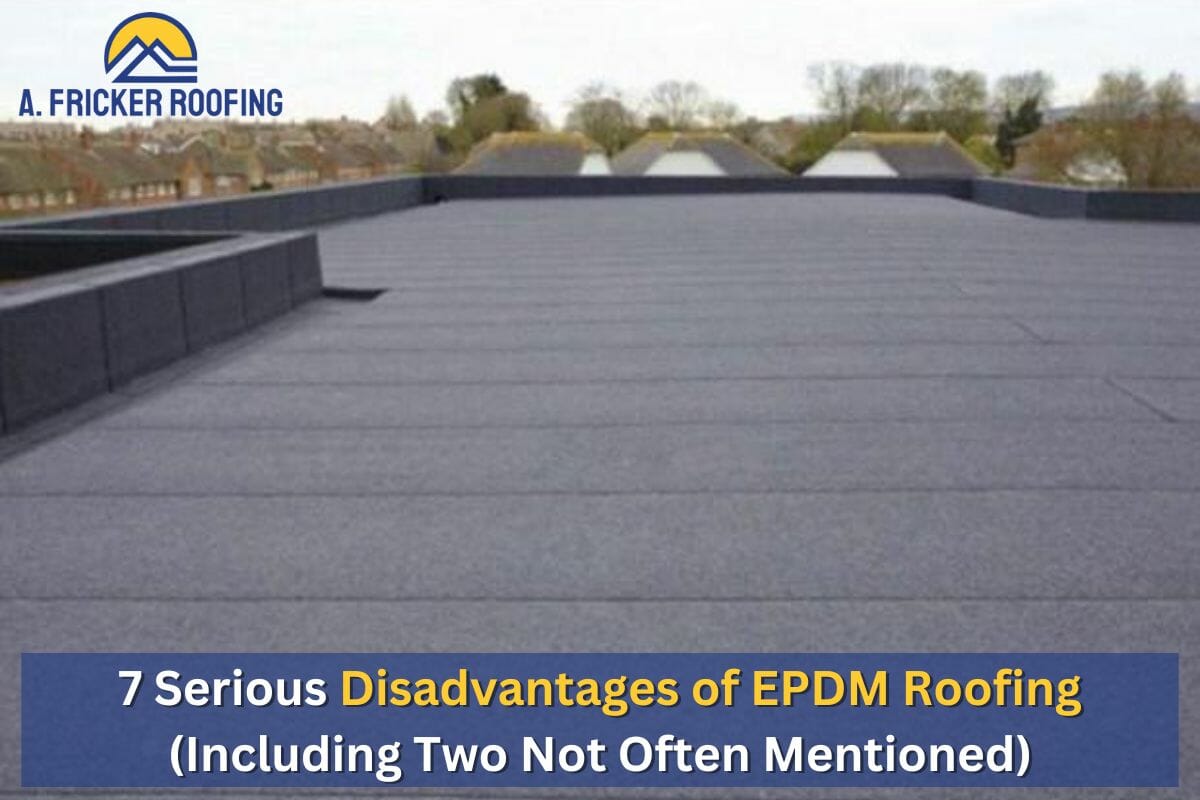The Ultimate Guide: Stone-Coated Steel vs. Regular Metal Roofs

When considering a new roof for your Tulsa home, metal roofs stand out as a durable, long-lasting option. However, homeowners often face a critical decision: Should they choose stone-coated steel or regular metal for their roofing system? These two popular options offer distinct advantages that can significantly impact your home’s protection, look, and energy efficiency for decades to come.
Stone-coated steel roofing combines the strength of steel with a layer of stone granules, helping to create a unique appearance that mimics traditional roofing materials. These roofs undergo multiple protective treatments: first, a layer of zinc-aluminum coating prevents rust and corrosion, next an acrylic primer is applied, followed by stone coating consisting of natural rock granules permanently adhered to the surface with an acrylic resin. Regular metal roofs, typically made from aluminum, steel, copper, or zinc alloys, provide a more contemporary look with clean lines and a uniform appearance. Galvanized or Galvalume steel remains popular due to its excellent balance of durability and affordability, while copper and zinc represent higher-end options with distinctive aging characteristics.
Understanding the key differences between these roofing systems helps you make an informed choice based on what matters most for your property. From withstanding Tulsa’s severe weather events to enhancing your home’s curb appeal, each option brings specific benefits to the table. The right choice depends on your priorities regarding durability, weather resistance, aesthetic preferences, longevity, and energy efficiency, all factors that vary in importance from one homeowner to another.
| Feature | Stone-Coated Steel | Regular Metal (Aluminum/Steel/Copper/Zinc) |
|---|---|---|
| Lifespan | 50-70 years | 30-50 years |
| Wind Resistance | 160-180 mph | 140+ mph |
| Cooling Cost Reduction | 15-25% | 35-45% |
| Solar Radiation Reflection | Enhanced thermal emissivity | Up to 70% (re-emits 85-95%) |
| Installation Timeline | 3-5 days | 2-3 days |
| Aesthetic Options | Mimics traditional roofing (tile, shingle, shake) | Sleek, modern metal appearance with fade-resistant finishes |
| Maintenance | Minimal upkeep; occasional inspection | Reseal fasteners every 5-7 years; recoat after 15-20 years |
| Repair Approach | Localized repairs possible with shingle-style profiles | Often requires entire panel replacement |
| Recycled Content | 25-30% | Varies by material type |
| Material Type | Durability Profile | Cost Category | Distinctive Characteristics |
|---|---|---|---|
| Galvanized Steel | Excellent balance of durability and affordability | Mid-range | Popular choice for Tulsa climate; zinc coating prevents corrosion |
| Galvalume Steel | Excellent balance of durability and affordability | Mid-range | Zinc-aluminum coating provides superior rust protection |
| Aluminum | Lightweight and corrosion-resistant | Mid to upper-mid range | Ideal for coastal areas; naturally rust-proof |
| Copper | Extremely long-lasting | Premium/High-end | Develops distinctive patina over time; luxury appearance |
| Zinc | Extremely long-lasting | Premium/High-end | Self-healing properties; distinctive aging characteristics |
Durability Face-Off: Which Metal Roof Stands Stronger?
When Oklahoma’s notorious storm season arrives, your roof becomes your home’s first line of defense. Stone-coated steel roofs demonstrate exceptional impact resistance against hail and falling debris that frequently bombard Tulsa properties. The stone coating creates a protective barrier that absorbs and disperses the force of impact, reducing denting that might occur with regular metal.
Regular metal roofs, while still durable, can show cosmetic damage after severe hailstorms. However, many modern metal roofing systems feature impact-resistant technology that significantly improves performance compared to older installations.
For corrosion resistance, stone-coated steel roofing excels in Tulsa’s varying climate conditions. The multiple protective layers — including the stone coating, acrylic glazing, and base metal treatments—create a comprehensive shield against moisture and chemical exposure. This multi-layer protection significantly outperforms standard metal in preventing rust and corrosion.
Standard metal relies primarily on galvanized or Galvalume coatings for corrosion protection. While effective, these treatments may gradually break down over time, especially in areas with acid rain or high humidity like eastern Oklahoma.
Performance During Oklahoma’s Extreme Weather
Tulsa’s unpredictable weather patterns put roofing materials to the ultimate test throughout the year. Stone-coated metal roofs demonstrate superior wind resistance, with most systems rated to withstand winds up to 160-180 mph, which is essential during Oklahoma’s tornado season. The interlocking panels and secure fastening systems provide excellent structural integrity when severe storms strike. Traditional metal roofs can withstand winds exceeding 140 mph, well above the requirements for Tulsa’s occasional tornado threats, but may be more susceptible to lifting along the edges during extreme conditions.
During heavy rainfall, both types of roofs excel at water shedding, but stone-coated steel’s textured surface helps break water tension and reduce runoff velocity, minimizing the chance of flooding occurring around foundations.
The ways these materials respond to temperature fluctuations are particularly important in Tulsa, where summer temperatures can exceed 100 degrees Fahrenheit before plunging below freezing in winter. Stone-coated steel’s combination of metal core and stone surface creates a thermal buffer that moderates expansion and contraction. Standard metal roofing panels expand and contract more noticeably with temperature changes, potentially creating more noise and requiring specialized fastening systems to accommodate movement.
For Oklahoma homeowners, the stone coating provides an additional buffer against thermal shock that can stress regular metal panels over time. This weather resistance means fewer maintenance issues and greater peace of mind during extreme weather events that regularly challenge Tulsa roofing systems.
How Each Options Transforms Your Tulsa Home
When it comes to enhancing your Tulsa home’s visual appeal, the difference between stone-coated steel and regular metal becomes particularly pronounced. Both options offer remarkable design versatility, mimicking classic materials like clay tile, wood shake, or traditional shingles while providing metal roofing benefits. These diverse profiles complement Tulsa’s mix of architectural styles, from historic midtown bungalows to modern suburban developments.
Color options for stone-coated steel roofing materials typically include earth tones and traditional roof colors with textured finishes that add dimension. Color options for standard metal roofs feature high-performance paint systems providing fade-resistant finishes engineered specifically for Oklahoma’s intense UV exposure, maintaining their appearance despite years of harsh sunshine. Standard metal panels and shingles offer a broader color spectrum, including vibrant options that can make a bold architectural statement. Many Tulsa homeowners find that stone-coated steel blends harmoniously with traditional neighborhoods, while regular metal roofing stands out in contemporary settings.
From a property value perspective, both types of roofing material generally boost resale value in the Oklahoma market. Local real estate professionals report that stone-coated steel often provides a better return on investment in established Tulsa neighborhoods where traditional looks prevail. The architectural compatibility of your roofing choice with surrounding homes significantly impacts curb appeal and potential property value. This makes it important to select the right look that matches your neighborhood to ensure your metal roof enhances, rather than detracts from, your home’s market position.
Some Tulsa subdivisions have homeowners associations with specific guidelines regarding roofing materials and appearances. The versatility of stone-coated metal often satisfies aesthetic requirements while providing superior performance. Consulting with qualified Tulsa roofing professionals ensures your selection meets Tulsa’s building code requirements and manufacturer warranty specifications.
Lifespan and Warranty: The Long-Term Investment
When evaluating metal roof material options for your Tulsa home, understanding the differences in lifespan becomes essential for making a sound investment. Stone-coated steel roofs typically offer an impressive lifespan of 50 to 70 years when properly installed and maintained. The stone coating acts as a sacrificial layer that protects the underlying steel from UV degradation and weather exposure, extending its service life significantly. Regular metal roofs, while still durable, generally provide 30 to 50 years of service depending on the specific material and coating quality.
Warranty coverage differs substantially between these options as well. Stone-coated steel typically comes with manufacturer warranties that often include coverage against fade, chalk, and perforation. Many premium stone-coated products offer transferable lifetime limited warranties, which is significant if you’re selling your home. Standard metal roofing warranties generally range from 20 to 40 years, with more limited coverage terms. Local Tulsa contractors may offer supplemental workmanship guarantees, but these vary widely by installer. Always verify exactly what your warranty covers, as exclusions for severe weather damage might apply in our storm-prone region.
Energy Efficiency and Sustainability Benefits
Energy performance is a key difference between stone-coated steel and regular metal roofing options for Tulsa homeowners. Stone-coated steel roofing systems typically feature built-in airspace between the roof deck and metal panels, creating natural thermal barriers that reduce heat transfer. Stone-coated metal roofs provide enhanced thermal emissivity—the ability to release absorbed heat—which helps these roofs cool down more quickly during evening hours. This design helps keep Tulsa homes cooler during hot summer months when temperatures regularly exceed 95 degrees Fahrenheit, potentially reducing cooling costs by 15% to 25% compared to conventional roofing materials.
Traditional metal roofs excel through their highly reflective surface, which can redirect up to 70% of solar radiation away from the home. Reflective metal roofing can reduce cooling energy costs by 35-45% and re-emit 85-95% of solar radiation. This reflective property significantly reduces cooling demands during Tulsa’s sweltering summers, when attic temperatures in homes with conventional roofing can soar above 150 degrees Fahrenheit. Both roofing types can be installed with ventilated batten systems that create air channels between the roof deck and roofing material, providing natural convection that expels hot air during summer and reduces moisture accumulation in winter.
From a sustainability perspective, both options outperform traditional asphalt shingles. Discarded asphalt shingles contribute 10-12 million tons of waste to landfills annually, while stone-coated steel roofing contains 25% to 30% recycled material and remains 100% recyclable at the end of its service life. Regular metal roofing often contains even higher recycled content, depending on the specific metal, with aluminum options typically containing the highest percentage.
However, manufacturing processes for stone-coated products require additional energy to apply and cure the stone layer, slightly increasing their carbon footprint compared to simpler metal panels.
Installation and Maintenance Considerations for Tulsa Homes
The installation process varies significantly between stone-coated steel and regular metal roofing systems. Stone-coated steel typically requires 3 to 5 days for an average Tulsa home installation due to its more complex application process. Stone-coated steel typically comes in the form of individual shingles, so installers must carefully align and secure them with specialized fastening systems designed to accommodate Oklahoma’s extreme weather conditions. Regular metal roofing installation is generally completed faster, often within 2 to 3 days, as larger panels cover more area quickly and require fewer individual pieces.
For Tulsa homeowners, maintenance requirements represent another important distinction. Stone-coated steel typically needs occasional inspection and minimal upkeep. The textured stone surface naturally resists debris accumulation and masks minor cosmetic issues from hail impacts. Regular metal roofing systems demand more routine maintenance, including checking and resealing exposed fasteners every 5 to 7 years to prevent potential leaks.
Local climate challenges also affect maintenance needs. Regular metal roofs may require periodic repainting or recoating after 15 to 20 years in Tulsa’s harsh UV exposure, while stone-coated systems generally maintain their appearance without refinishing throughout their lifespan. When repairs become necessary, significant damage to traditional metal panels often requires entire panel replacement, while stone-coated systems sometimes allow for more localized repairs, particularly with shingle-style profiles. A qualified Tulsa roofing contractor can help determine which system better aligns with your maintenance preferences and installation timeline
Find Expert Roofing Solutions in Tulsa With A. Fricker Roofing and Waterproofing
If you’re grappling with the decision between stone-coated steel and regular metal for your Tulsa roof, A. Fricker Roofing and Waterproofing is here to guide you through. Choosing the right roofing material is essential, not only for the aesthetic appeal of your home, but also for its ability to withstand Oklahoma’s harsh weather conditions. Stone-coated steel offers enhanced durability and energy efficiency, potentially lowering your heating and cooling costs throughout the year.
Call our team of professionals at A. Fricker Roofing and Waterproofing today at (918) 402-7167 to schedule a consultation and ensure your home is protected with the best roofing materials available on the market.
Our expert team is ready to provide you with a durable, cost-effective, and visually appealing roofing solution that meets your needs and exceeds your expectations.
Can stone-coated steel or metal roofs be installed over existing shingles?
In some cases, metal roofing can be installed over existing asphalt shingles if the roof deck is in good condition and local building codes permit it. However, most roofing professionals recommend removing old shingles first to inspect the decking for damage and ensure proper ventilation. This approach prevents trapped moisture issues and ensures your new metal roof performs optimally for its full lifespan.
How noisy are metal roofs during rainstorms compared to stone-coated options?
Stone-coated steel roofs are significantly quieter during rain and hail events due to the sound-dampening properties of the stone granule layer. Regular metal roofs can produce more audible noise during precipitation, though proper installation with solid sheathing and adequate attic insulation greatly reduces sound transmission. Many homeowners with insulated attics report minimal noise differences between metal and traditional roofing materials.
Will metal roofs attract lightning strikes to my Tulsa home?
Metal roofs do not attract lightning any more than other roofing materials. Lightning typically strikes the highest point in an area regardless of material composition. In fact, metal roofing is non-combustible and can actually disperse electrical charges more safely than flammable materials like wood shakes, making your home safer if a strike does occur.
Do I need special underlayment for stone-coated steel versus regular metal roofing?
Both roofing types benefit from high-quality synthetic underlayment, but specific requirements vary by manufacturer and installation method. Stone-coated steel systems often require specific underlayment types to maintain warranty coverage, while standing seam metal roofs may need slip-resistant underlayment to prevent panel movement. Your Tulsa roofing contractor should follow manufacturer specifications to ensure proper performance and warranty protection.
How do metal roofs perform with solar panel installation?
Metal roofs are excellent for solar panel installation because they provide a durable, long-lasting platform that matches or exceeds solar equipment lifespan. Standing seam metal roofs allow for clamp-mounted systems that don’t penetrate the roofing surface, eliminating potential leak points. Stone-coated steel can also accommodate solar installations, though mounting systems typically require penetrating fasteners similar to traditional roofing materials.



